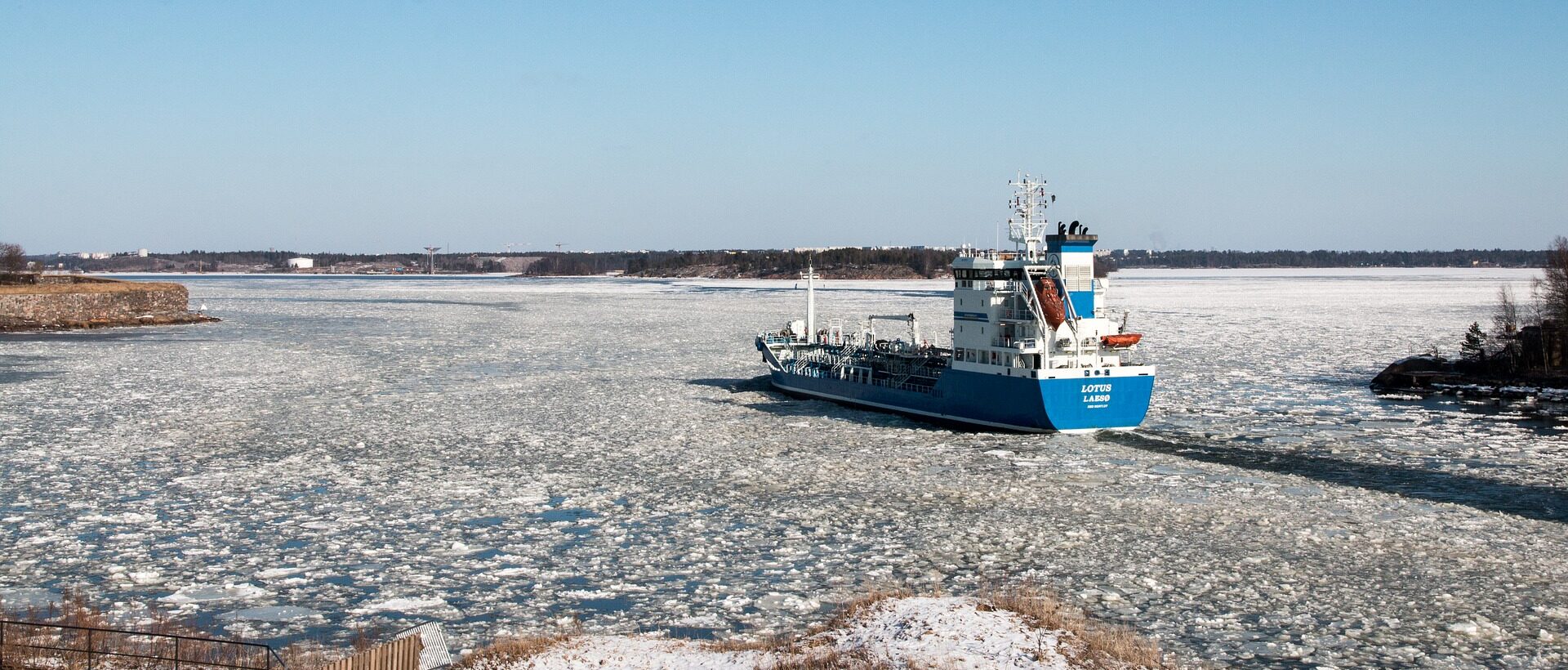The work on EXOPRODIGI project was officially kicked off last week as the project consortium gathered together for an online meeting to discuss the plans and objectives for the next nine months. The meeting also provided an opportunity to reflect on the work and results of ECOPRODIGI project on which EXOPRODIGI will continue to build. The intention is to further improve the efficient use of maritime industry resources with the help of digital tools and solution which support decision making, create transparency, reduce working hours and decrease waste, emissions and energy consumption.
As reminded by EXOPRODIGI’s project manager Ms Elisa Aro from the University of Turku, the challenge addressed in the project is threefold. Firstly, there is the state of the environment, and the Baltic Sea in particular, which requires immediate action and regulatory measures affecting maritime industry actors. Secondly, the ever-increasing global competition means that maritime industry in the Baltic Sea region is under pressure to come up with competitive advantages and ways to stand out in a positive light. Finally, there is an industry-wide need for new technologies and the digitalisation of processes. All in all, there is a clear need for smarter use of resources which encourages the industry to co-create and innovate economically sustainable – eco-efficient – processes and tools.
The outputs of the project will be somewhat varied but the overarching aim is the same for all the outputs: to enhance the institutional capacity of maritime industry end-users at various stages of vessel life-cycle; i.e. during voyages, stowage operations and at the assembly processes at shipyards. With this in mind, EXOPRODIGI’s partners presented their plans to use the next nine months on:
- developing an enriched on-board solution for eco-efficiency
- developing a validated monitoring tool for engine fuel efficiency
- implementing a “Proof-of-Concept” for cargo stowage optimisation
- preparing guidelines for creating virtual production facilities
- developing a digital supply chain solution
All this should keep the project consortium very busy until the end of September 2021 so stay tuned for updates!





